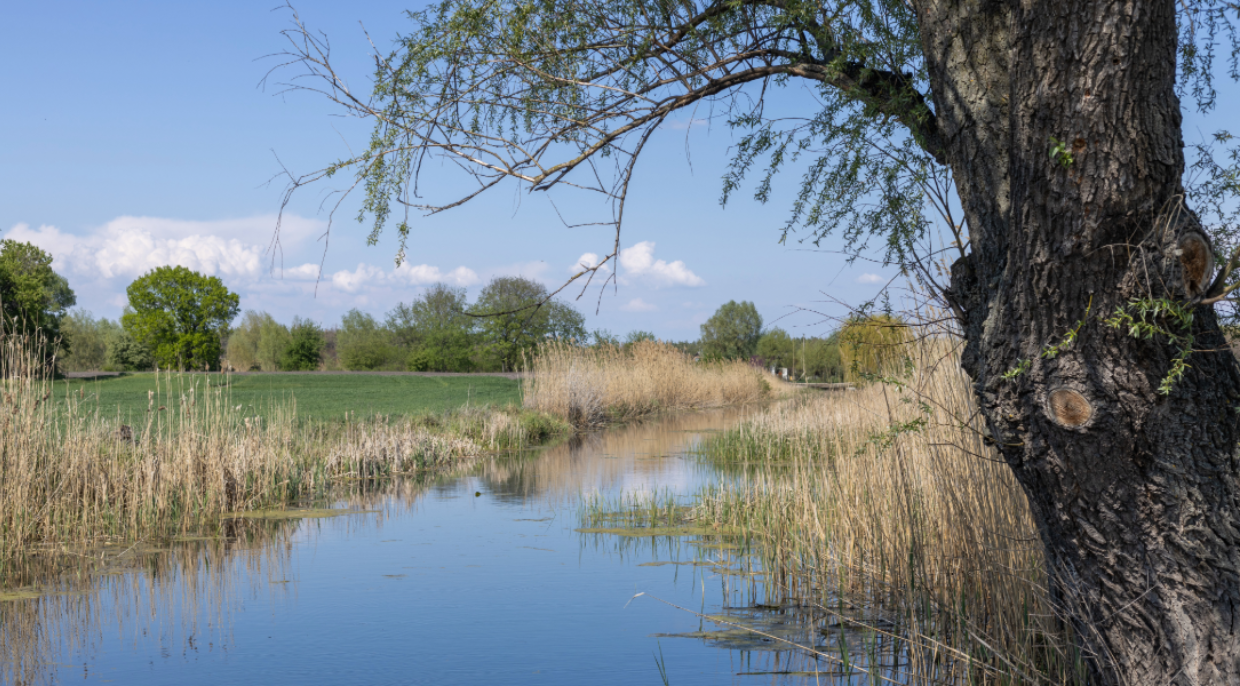Cleaning soil and water through bioremediation - Handle with care?
Information
- Sted:
- Københavns Universitet, Auditorium A2-70.01, Thorvaldsensvej 40, 1871 Frederiksberg, Denmark
- Sprog:
- Engelsk
- Pris:
- Gratis / Free
- Fra:
- 08. maj 2025 kl. 13:30
- Til:
- 08. maj 2025 kl. 15:30
Pollution remains a significant problem today, and it is no longer limited to single, familiar substances. Today’s environmental challenges increasingly involve complex chemical mixtures, often with unknown or unpredictable effects. To meet these challenges, we need solutions that are adaptable to different environments and resilient over time.
One such solution is bioremediation - a method that uses living organisms such as bacteria, fungi, and plants to remove or transform contaminants. These biological tools offer promising methods for cleaning up pollutants in soil and water. Recent research is advancing the field by designing or selecting microorganisms and plants that are particularly effective, using natural processes like enzyme activity and root exudates to accelerate degradation.
At this seminar, we ask key questions that cut across science, policy, and society:
- What is bioremediation, and how does it work?
- Can we use bioremediation to remove PFAS from our nature?
- What are the historical perspectives for using bioremediation?
- What are the existing regulatory frames for bioremediation?
Join us for a series of short talks followed by a debate, as we explore the potential and limitations of bioremediation.
Program
| 13.30 - 13:35 | Welcome with moderator Svend Christensen |
| 13:35 - 13:50 | Introduction to bioremediation |
| 13:50 - 14:05 | Can microorganisms remove PFAS from the environment (soil and water)? With Tue Kjærgaard Nielsen, Tenure Track Adjunkt, Department of Plant and Environmental Sciences, Faculty of SCINCE, KU |
| 14:05 - 14:25 | Break |
| 14:25 - 14:40 | Chemical heritage and biological futures: Humanistic Perspectives in Bioremediation With Sebastian Lundsteen Nielsen, Postdoc, The Saxo Institute, Faculty of Humanities, KU |
| 14:40 - 14:55 | Regulatory frame With Peter Pagh, Professor, Faculty of Law, KU |
| 14:55 - 15:30 | Debate |

